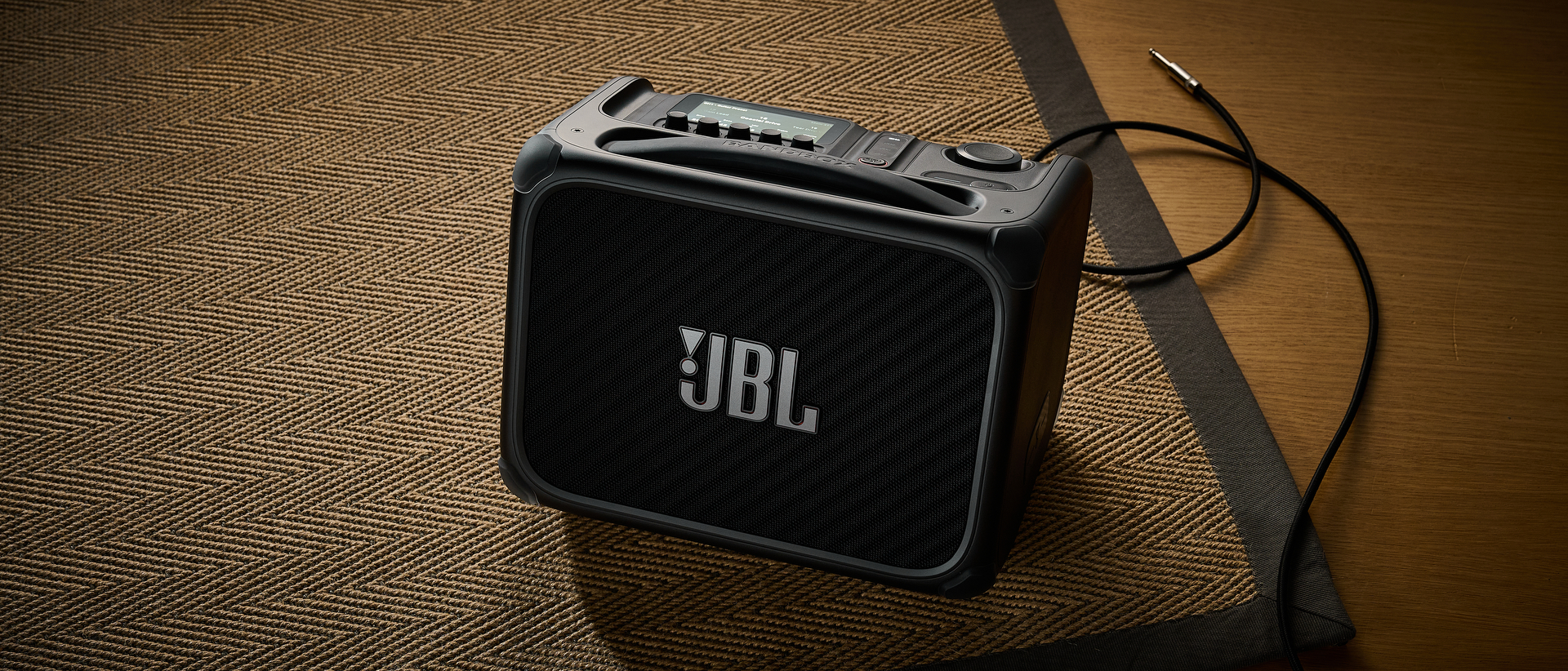
All the latest guitar news, interviews, lessons, reviews, deals and more, direct to your inbox!
You are now subscribed
Your newsletter sign-up was successful
When seeking to improve at blues guitar, the first port of call is usually learning some guitar solos, be it the swampy pentatonics of Stevie Ray Vaughan’s Texas Flood or dynamic melodies of B.B King’s The Thrill is Gone.
However, while there is merit to such an approach, John Mayer has advised players against relying solely on learning the solos of others – a stance supported by the fact Mayer himself has never learned a blues solo note-for-note.
Mayer made the revelation during an appearance on Rick Rubin’s Tetragrammaton podcast, and asserted that he “never saw the value in learning a blues solo” because of their “ephemeral” nature – in other words, the majesty of the best blues solos goes beyond the notes that are played, and such magic can’t be captured retrospectively.
Instead, players should focus on learning the inner workings of what makes blues solos tick – a robust grasp of pentatonic scale shapes, for example – in order to facilitate their own authentic sound.
“But I saw the value in learning the vocabulary,” he offered as an alternative approach (via MusicRadar). “Here’s the thing about blues soloing: I saw it like, if you sit down and learn every solo, you go like this… ‘Yeah, I know how that goes…’
“If you have a pretty perfunctory knowledge of the pentatonic blues scale, and you hear someone play a blues solo, it might sound magical at first,” he went on. “But as soon as you go [hums solo], ‘Got it! I’ve got what that was.’ But that is not what that was! Whatever that was before you heard it is the thing.”
Diving further into why learning blues solos note-for-note might not be the most beneficial practice for a player, Mayer likened old solos to “last night’s lotto numbers” and argued there is little point in trying to recapture them.
All the latest guitar news, interviews, lessons, reviews, deals and more, direct to your inbox!
“I always would say it is like playing last night’s lotto numbers – the numbers aren’t any good any more,” he reflected. “They are good if you are in the room. They are good if you are about to play them. So I would always try to go for the thing that made the solo: what’s the scale that makes the solo? And how can I get into that same spirit that the player is in?
“Now, there were certainly times where I would mimic what I heard, more as a way to get me into the centrifuge, and then start playing.”
Mimicry is where Mayer draws the line when it comes to blues soloing, and it’s his desire to capture the essence of what made a solo great, rather than rehashing the exact solo itself, that prevents him from attempting particular styles of music.
“One thing about me that you’ll never see me attempt is that style of music because when I hear it I go, ‘I don’t buy that for a second, John.’ When I do it, I don’t buy it,” Mayer noted. “It’s fun but you’ll never hear me do Blind Blake stuff, or even Lightning Hopkins, who I love. I’ll mess with it at home, but there is a line to where I think you should go.”
Mayer’s own blues chops are up there with the very best, having been developed and refined across his discography, most notably coming to a head for his 2005 blues trio live album, Try! As such, when the Sob Rock star speaks soloing, it’s probably wise to listen.
Not only that, he’s played with some of the best blues players of all time – experiences that he said further helped him to develop as a soloist in the genre.
“It is one thing to play along with a Buddy Guy record from 1972 – it is another thing to play in the same moment with the same supply of oxygen as Buddy Guy,” he said. “Because you have a point of reference for the moment the same as he has, so everything he is playing is in that moment. And that’s the university lesson. That’s the highest. That’s the doctorate.”
Another factor possibly contributing to Mayer’s decision to avoid learning blues solos is the fact he doesn’t even consider himself a blues guitar player.
Speaking to Guitar World, the PRS signature artist distanced himself from the “blues guitarist” label, his reasoning being that his “phrasing gives out after a certain period of time”.
“I don’t really consider myself a blues guitar player – because my phrasing gives out after a certain period of time,” Mayer explained. “And I love playing blues guitar.
“I mean, it’s like constant down-hill skiing. It’s an endless water slide,” he added. “But the ear rules. The ear is the producer of the record, and the ear is the one that has to call bullshit on every other part of you as a composer and a musician and a guitar player.”

Matt is the GuitarWorld.com News Editor, and has been writing and editing for the site for five years. He has a Masters in the guitar, a degree in history, and has spent the last 19 years playing everything from blues and jazz to indie and pop. During his GW career, he’s interviewed Peter Frampton, Zakk Wylde, Tosin Abasi, Matteo Mancuso and more, and has profiled the CEOs of Guitar Center and Fender.
When he’s not combining his passion for writing and music during his day job, Matt performs with indie rock duo Esme Emerson, and has previously opened for the likes of Ed Sheeran, Keane, Japanese House and Good Neighbours.
